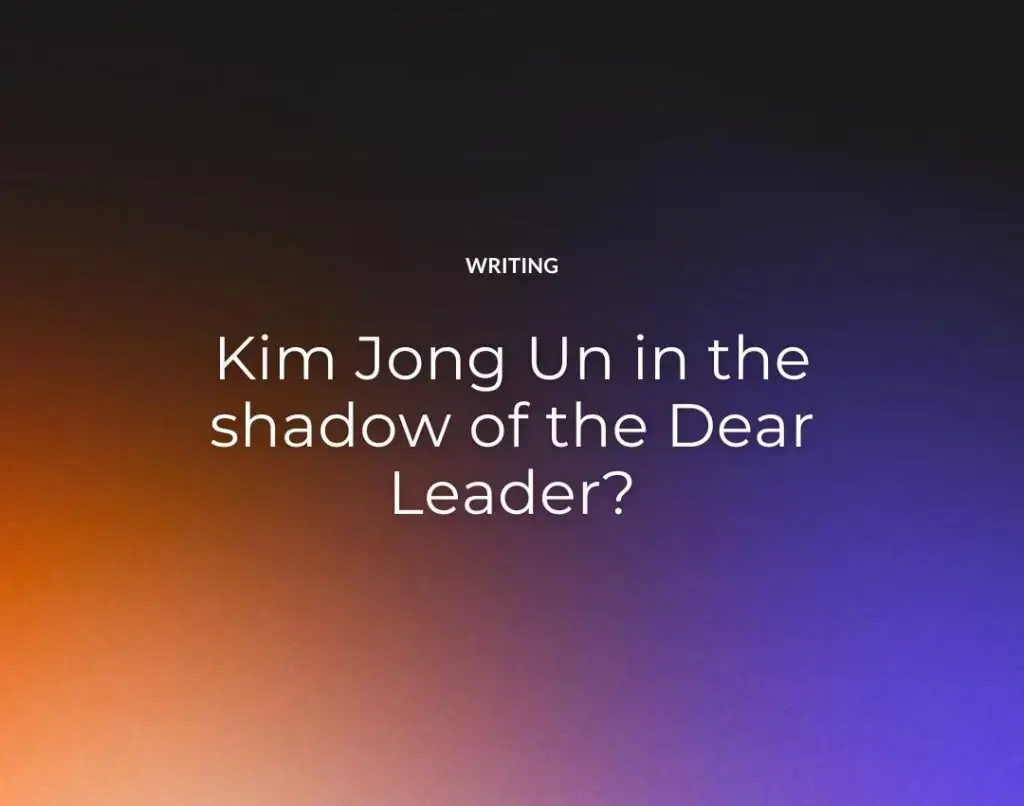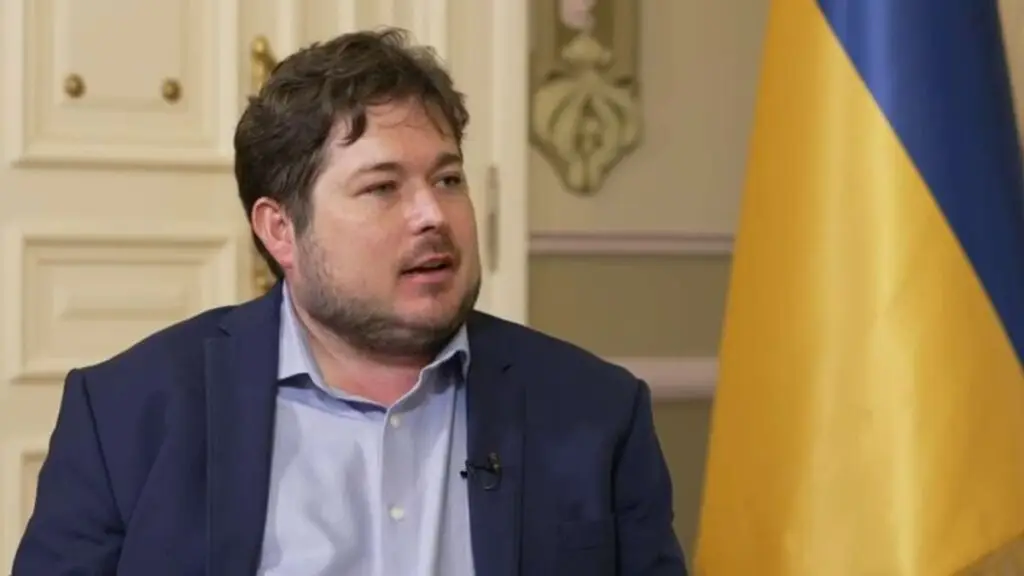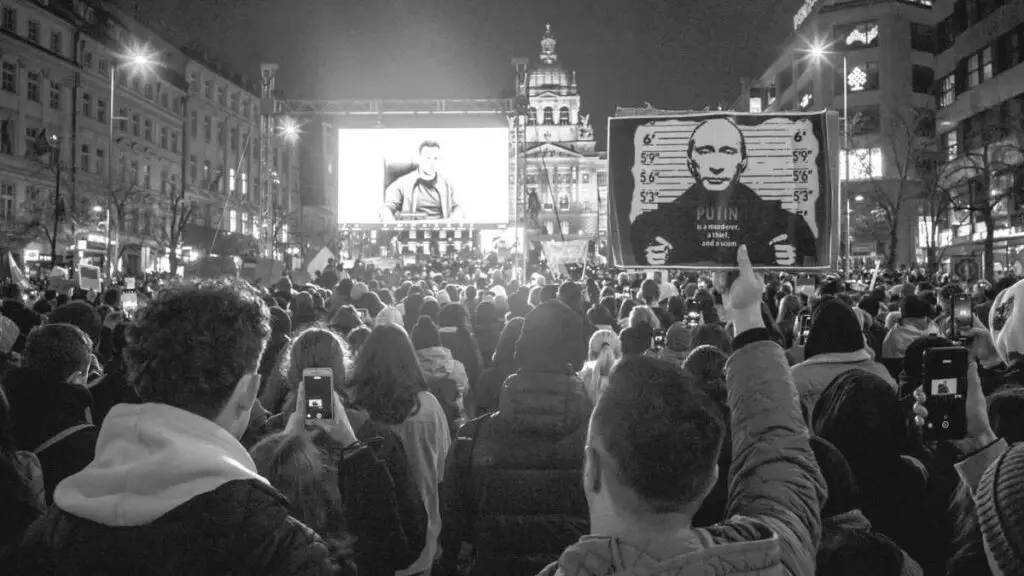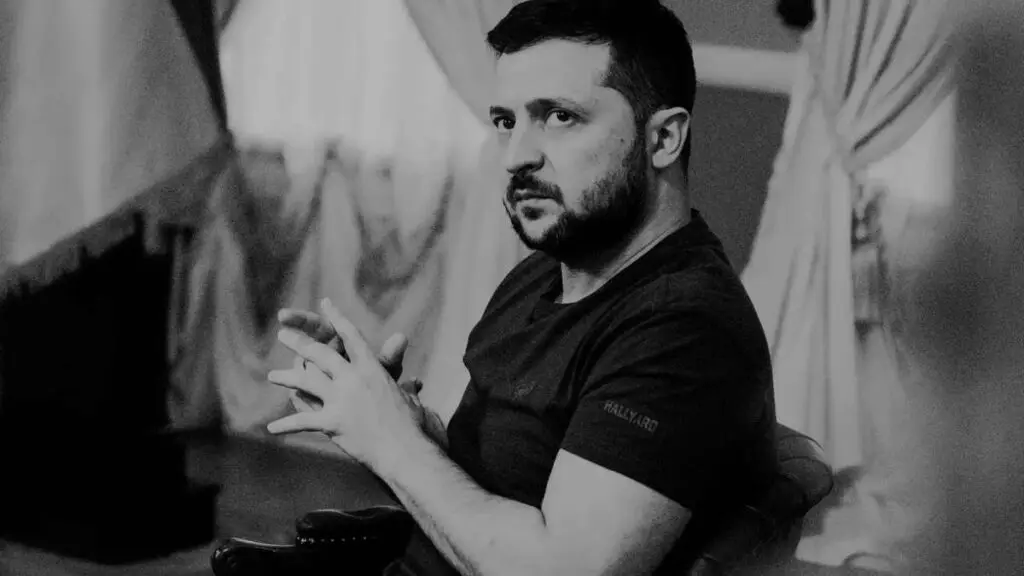By Geoffrey Cain
PRI’s The World
Feb 15, 2013
SEOUL, South Korea — He was once thought to be a Swiss-educated cosmopolitan taking the side of reform in North Korea. But some say Tuesday’s nuclear test has squandered hopes that Kim Jong Un will open the militarized nation to the world.
That’s because the hermit kingdom is pouring its resources into nuclear weapons and missiles at the expense of the markets, says Andrei Lankov, a North Korea expert at Kookmin University in Seoul. “It’s something that authoritarian states do best,” he said.
Now that North Korea has admitted to carrying out its third underground nuclear test, Washington suspects the isolationist state is on its way to building a device small enough to be attached to the tip of an inter-continental ballistic missile (ICBM).
The possible use of highly enriched uranium in this detonation — rather than plutonium in the far weaker nuclear tests of 2006 and 2009 — means the country is on its way to mass producing the weapons. And there’s little stopping North Korea from stepping up cooperation with Iran in the future.
Add that fact to North Korea’s success at launching a primitive satellite into orbit in December, beating its technologically superior southern neighbor.
Even though Washington reports the satellite is not functioning properly in orbit, it’s another factor that means North Korea could be closer to the sophistication needed to lob a warhead at North America.
In terms of nuclear proliferation, call it a double whammy.
But some say the North doesn’t intend to follow through with its nuclear threats, a fact that says a lot about why the regime is pursuing a nuclear program in the first place. “Kim Jong Un is following his father’s system, which works well,” Lankov said. “The major goal is survival, not economic growth.”
Like father, like son. So what’s the Kim family recipe?
Lankov laid out one possible strategy that leaders have embraced. First, don’t alienate China. Second, show off nukes, and use them to exploit the rivalry between Washington and Beijing. And finally, in the tradition of Stalin, jail as many dissidents as possible.
“Kim Jong Un has shown to be a stronger leader than many expected,” Lankov said.
Kim Jong Il followed a policy of Songun, also known as the “military first” policy.
Throughout the 1990s, he directed much-needed resources into the vanguard army as the nation fell into a famine, leaving some 1 million people dead.
Reform from the bottom?
But others err on the side of reform, claiming that North Korea is taking small steps towards a Chinese-style opening. The nuclear test, they say, is the government’s last hope for holding off the geopolitical encroachment of the great powers.
“Businesspeople on the ground, dealing with real North Koreans, feel there’s change in the air,” said Felix Abt, the former head of the European Business Association in Pyongyang, a de facto chamber of commerce.
Indeed, the lower rungs of society could be asserting their say regardless of the nuclear ambitions of military and political elites. Farmers, for example, have long been flouting the state-supervised agricultural system, growing their own crops on hillside slopes.
For the past decade, authorities have largely tolerated private food markets despite intermittent crackdowns.
And there’s a parallel. Pressure from the bottom was one ingredient to the openings of now-nominally communist China and Vietnam in the late 1970s and early 1980s.
Plus, as more North Koreans watch pirated DVDs of North American and South Korean movies, they take on more negative views of the government. Some defectors cite foreign movies as one factor that prompted them to escape the country.
Business as usual
On Feb. 7, North Korea threatened to close the Kaesong Industrial Complex, a collaborative zone opened in 2004 where more than 120 South Korean companies make shoes and garments using cheap North Korean labor.
It’s not clear, though, whether the regime is serious about shutting ties and exchange programs with South Korea.
It’s one sign that the North Korean nuclear menace, as it stands now, could be withering chatter. “Neither side wants to be blamed for closing the Kaesong Industrial Complex first,” said Eul-Chul Lim, an economist at Kyungnam University in Seoul who has interviewed some 30 companies in the park over the past 10 years.
Pyongyang has every reason to keep Kaesong open: it gets $90 million in cash each year from the wages of 53,500 North Korean workers. Seoul says that Tuesday’s nuclear test has not affected business in the zone.
The business-as-usual status quo says a lot about North Korean decision making, which is based on theatrics and atmospherics as it attempts to deter the enemies it sees everywhere. “The point,” said Lankov, “is to not succumb to outside pressure if you are a blackmail state. It is a system that works for them.”
The article was originally published in PRI’s The World
See Also:






